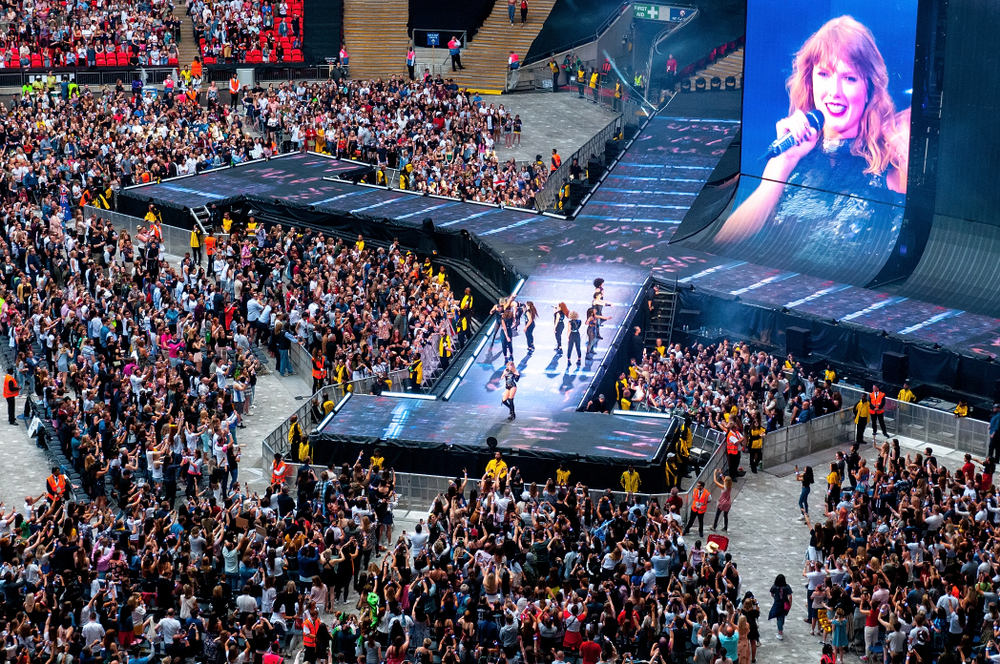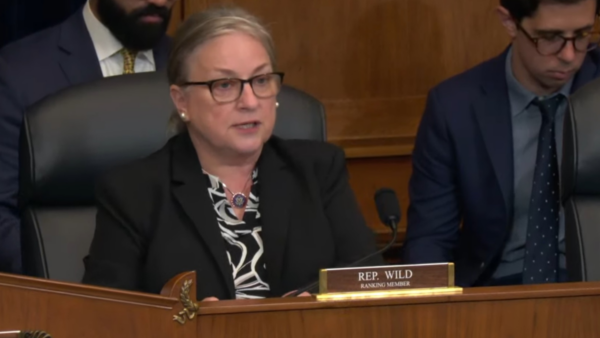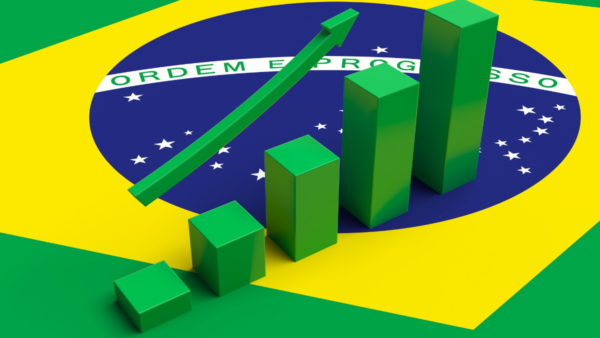Problems caused by scalper bots during the sales of tickets to a Taylor Swift concert in November 2022 led the U.S. Congress to hold hearings scrutinizing Ticketmaster. In Brazil, a fiasco involving flesh-and-blood scalpers and tickets to the same pop star’s South America tour could trigger new regulations.
Buying tickets for Taylor Swift’s upcoming Eras Tour in São Paulo has been a true odyssey. After spending days in line (despite the cold approach of winter), fans had to jostle with scalpers; many were left empty-handed as tickets sold out within 40 minutes (internet lines had over 2 million people before opening).
Multiple fans reported receiving threats of violence from scalpers, who attempted to cut the line. Consumer protection agents removed around 30 scalpers from the ticket lines on Monday. At least 10 were arrested.
The debacle prompted the announcement of two new concert dates in Brazil — and led a Brazilian congresswoman to present a bill increasing penalties for scalping.
Scalping is already a crime in Brazil, and those caught in the act could face up to two years in prison (although convictions are usually converted into community service).
The new proposal, by centrist Congresswoman Simone Marquetto, increases maximum sentences to four years and sets fines of up to 100 times the price scalpers were asking for tickets. In the case of tickets for Taylor Swift’s concerts, fines could reach BRL 600,000 (USD 125,500).
“The exploitation of the Brazilian population by so-called ‘scalpers’ at any paid events expected to see a big public influx is public and notorious. These ticket touts’ activity deprives the less fortunate, preventing them from attending the desired show, and constitutes a true crime against the public economy,” Ms. Marquetto said of the bill.
“There are many examples showing that the concerns expressed above are justified. The most recent is the case of the sale of concert tickets of an international singer,” she continued, without mentioning Taylor Swift by name. “Fans claim that dealers purchased a large number of tickets, making it impossible for other consumers [to do so].”


 Search
Search






































